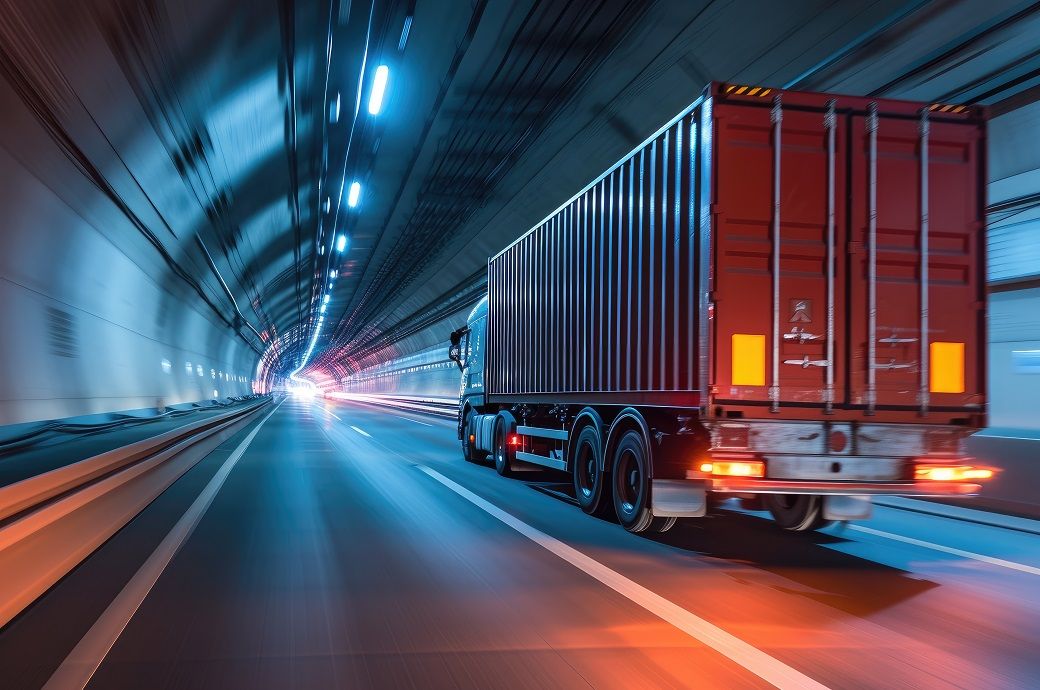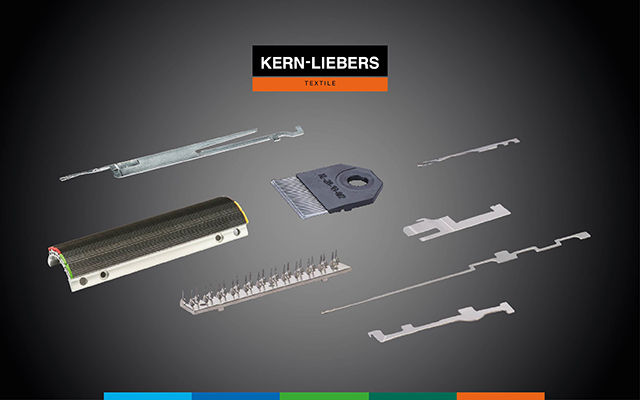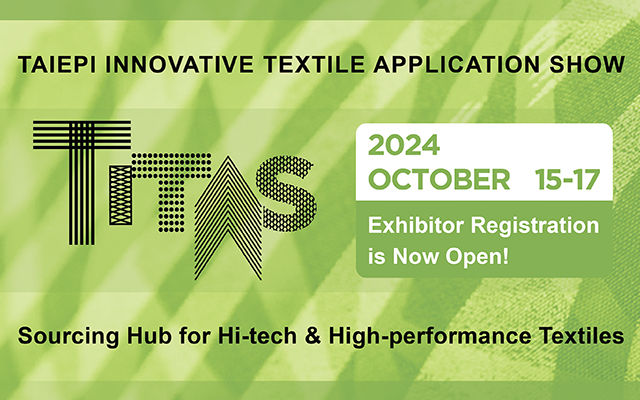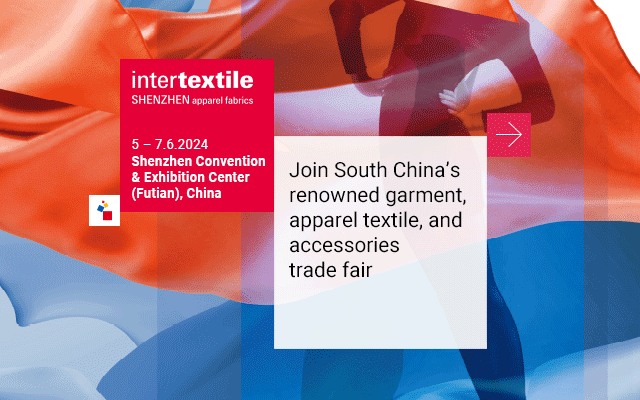Modal shift leads global freight decarbonisation efforts in 2023

Insights
- Modal shift leads 2023 freight decarbonisation, followed by load and routing optimisation, as per a report.
- Despite the benefits, significant gaps in strategy implementation and data sharing persist, with only 20 per cent of respondents using primary data for emissions calculations, highlighting major sustainability challenges in the transport sector.
Despite the potential business benefits highlighted by both carriers and shippers, the report identifies a stark disconnect in the implementation of decarbonisation strategies. While 59 per cent of carriers now have the capability to calculate their CO2 emissions, up from 55 per cent in 2022, a significant proportion still rely on estimated rather than primary data. Moreover, less than half of the shippers are using officially recognised methodologies like ISO 14083 or the GLEC framework, which are considered the gold standard for accurate emissions calculation, as per the report.
The report also sheds light on the business perspectives towards decarbonisation. A quarter of the carriers view it as a significant business opportunity, though this is slightly down from 27 per cent in the previous year. Over half of the shippers also see decarbonisation as a lucrative opportunity, indicating growing awareness and potential for green business practices.
Regulation and monetary incentives remain the primary drivers of decarbonisation, with carriers particularly favouring customers who offer premiums for lower emissions or provide longer contracts. Quick wins such as adopting fuel reduction technologies and transportation management platforms that aid in CO2 measurement and reduction are also noted for their immediate benefits on operating costs.
However, the report reveals a concerning gap in collaboration and data sharing. Only 20 per cent of respondents are measuring emissions using primary data, and a worrying 46.8 per cent of carrier respondents are unwilling to share their primary data for CO2 calculation. This lack of collaboration, coupled with the fact that 53 per cent of shippers are not actively engaging their carriers in decarbonisation efforts, points to a significant barrier in the industry’s path towards sustainability.
Furthermore, a notable 70 per cent of carriers reported a decrease in requests for CO2 data from shippers compared to the previous year, underscoring a potential decline in proactive decarbonisation efforts. With only 3 per cent of respondents prioritising industry-wide collaboration, the path to a fully decarbonised freight sector appears fraught with challenges.
“This survey reveals that most stakeholders within the supply chain find collaboration too complex. In order to enhance efficiencies, all parties can look for seamless collaboration by adopting a network approach. In addition, decarbonisation requires teamwork. To ensure robust emissions calculations and trust in the data, collaboration within the freight decarbonisation ecosystem can be significantly facilitated by a smart platform in the future,” said Serge Schamschula, head of ecosystem at Transporeon.
Fibre2Fashion News Desk (DP)
































-Ltd..jpg?tr=w-120,h-60,c-at_max,cm-pad_resize,bg-ffffff)





.jpg?tr=w-120,h-60,c-at_max,cm-pad_resize,bg-ffffff)
.jpg?tr=w-120,h-60,c-at_max,cm-pad_resize,bg-ffffff)






